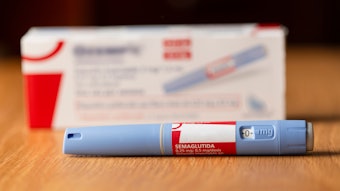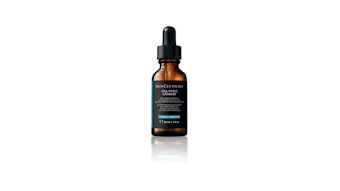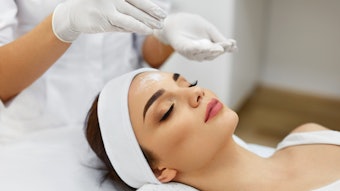Novan Therapeutics (www.novantherapeutics.com), a clinical-stage drug development company, today announced in vitro and animal testing data indicating that the company’s drug candidate, SB204, could lead to a new topical treatment to reduce oil production in the skin. SB204 is a nitric oxide-releasing topical indicated for the treatment of acne.
None of the current topical products approved by the FDA reduce the production of sebum. Diane Thiboutot, MD, professor of dermatology at Penn State Hershey College of Medicine, believes “Inhibiting the production of sebum is critical to affecting the acne disease process. Orally administered therapies that can reduce oily secretions of the skin have traditionally shown good clinical responses. At this time, I am not aware of any topically applied therapy that can reduce sebum production.”
The Novan-sponsored research conducted in the lab of Dr. Thiboutot revealed that nitric oxide-releasing compounds could reduce sebum production in vitro using immortalized human sebocytes. The study results demonstrated that Novan’s drug candidate showed a statistically significant decrease in insulin-induced lipid production as early as 24 hours after a single treatment.
In a separate study, topical application of nitric oxide-releasing SB204 inhibited the growth of a hamster flank organ by more than 50% compared to vehicle control. The golden Syrian hamster flank organ model has historically been used to assess the anti-androgenic activity of experimental therapeutics. The overproduction of androgens in the skin has been linked to the overproduction of sebum and worsening of acne.
“We are really excited about these results because this now gives us two potential pathways by which SB204 can shut down the production of sebum in the skin,” said company president Nathan Stasko.
Novan expects to begin enrolling subjects in a Phase 2 study for the treatment of acne in the second quarter of this year. This clinical study will evaluate the safety and efficacy of SB204 as well as the topical therapy’s ability to decrease sebum in the skin of subjects. “We have invested significant resources to develop methods for the clinical evaluation of sebum in the skin,” said Stasko. “SB204 could be an attractive topical acne treatment and what we believe will be the first of many innovative products for the field of dermatology.”
Sebum-Reducing Topical Completes Initial Testing
Feb 28th, 2013











